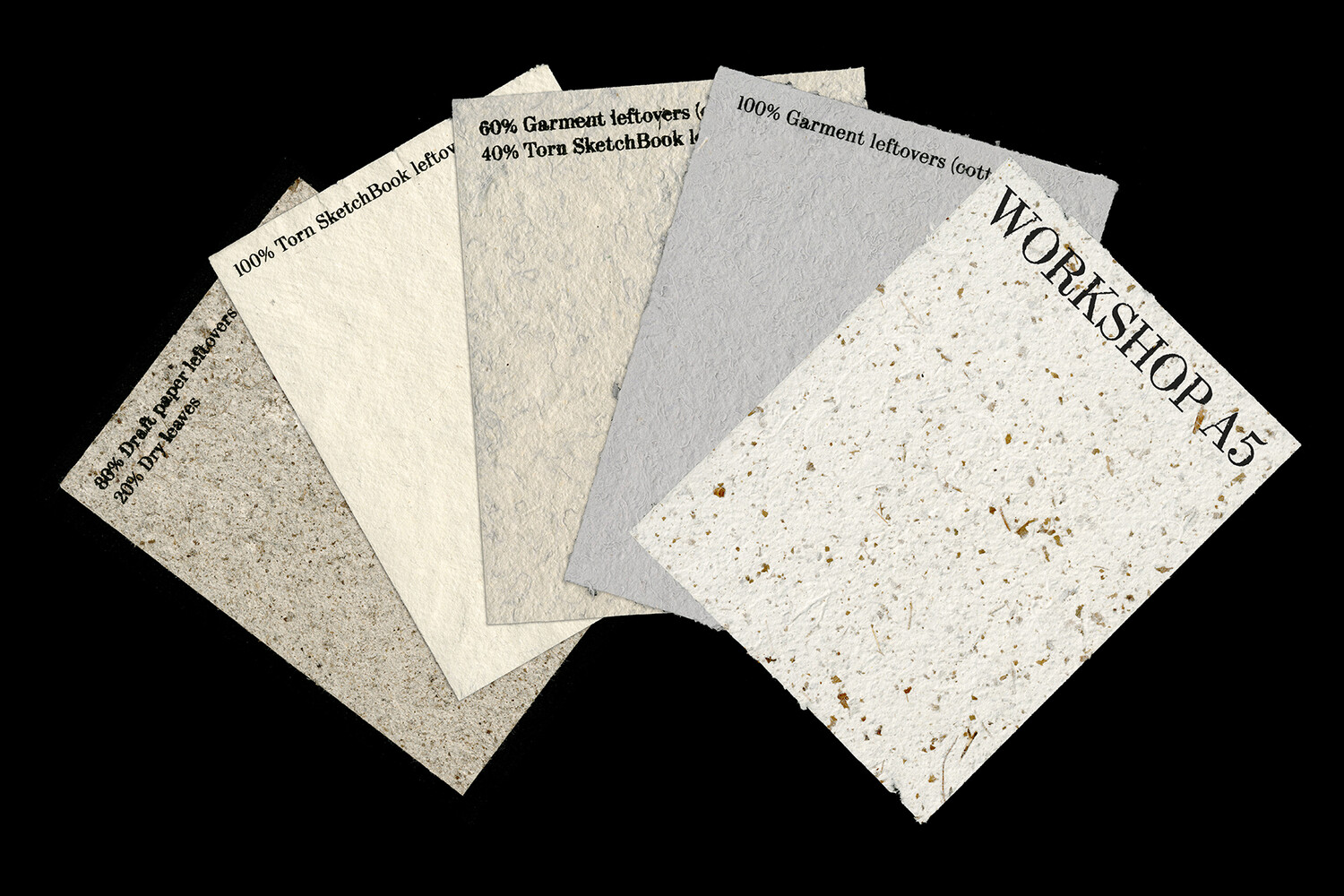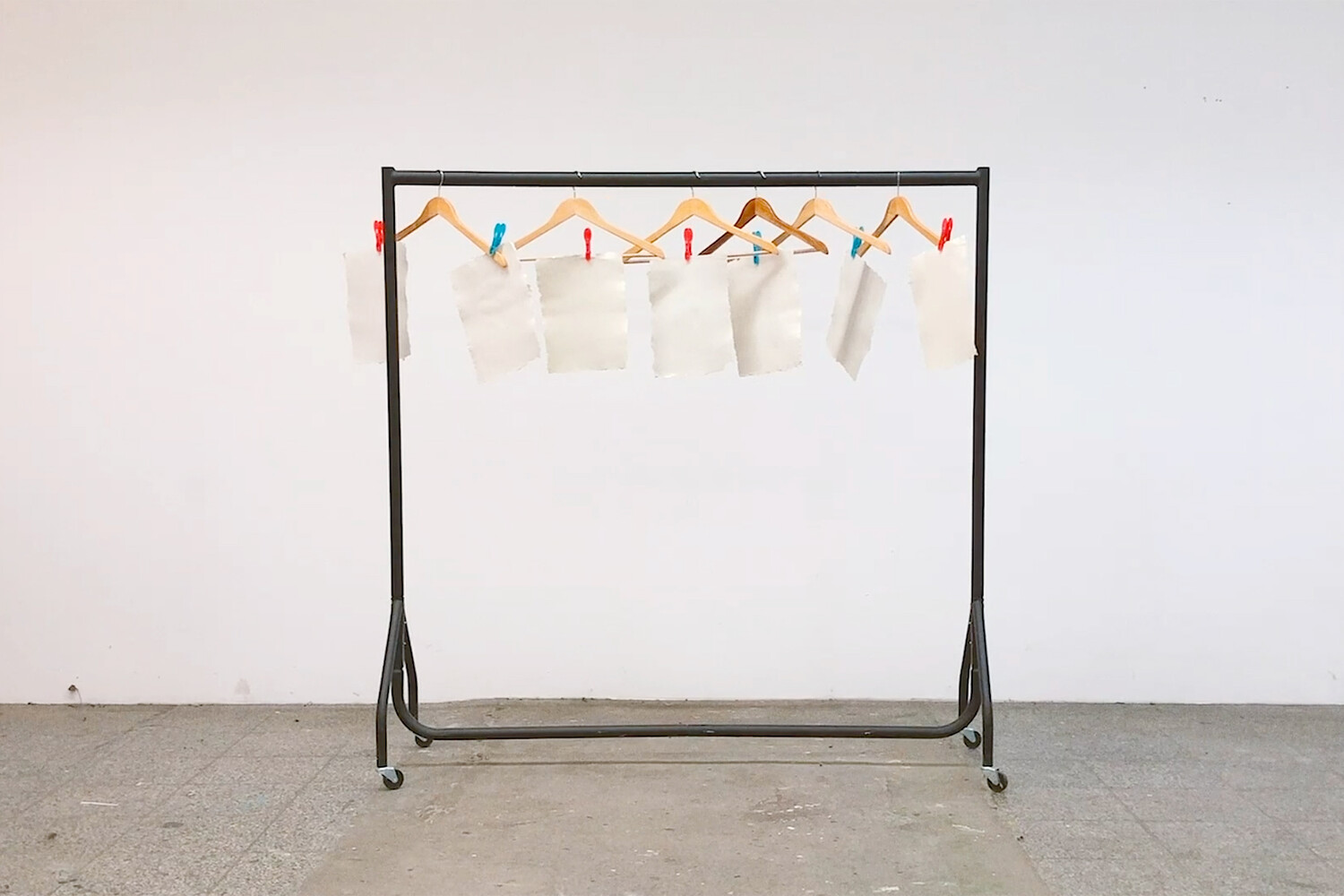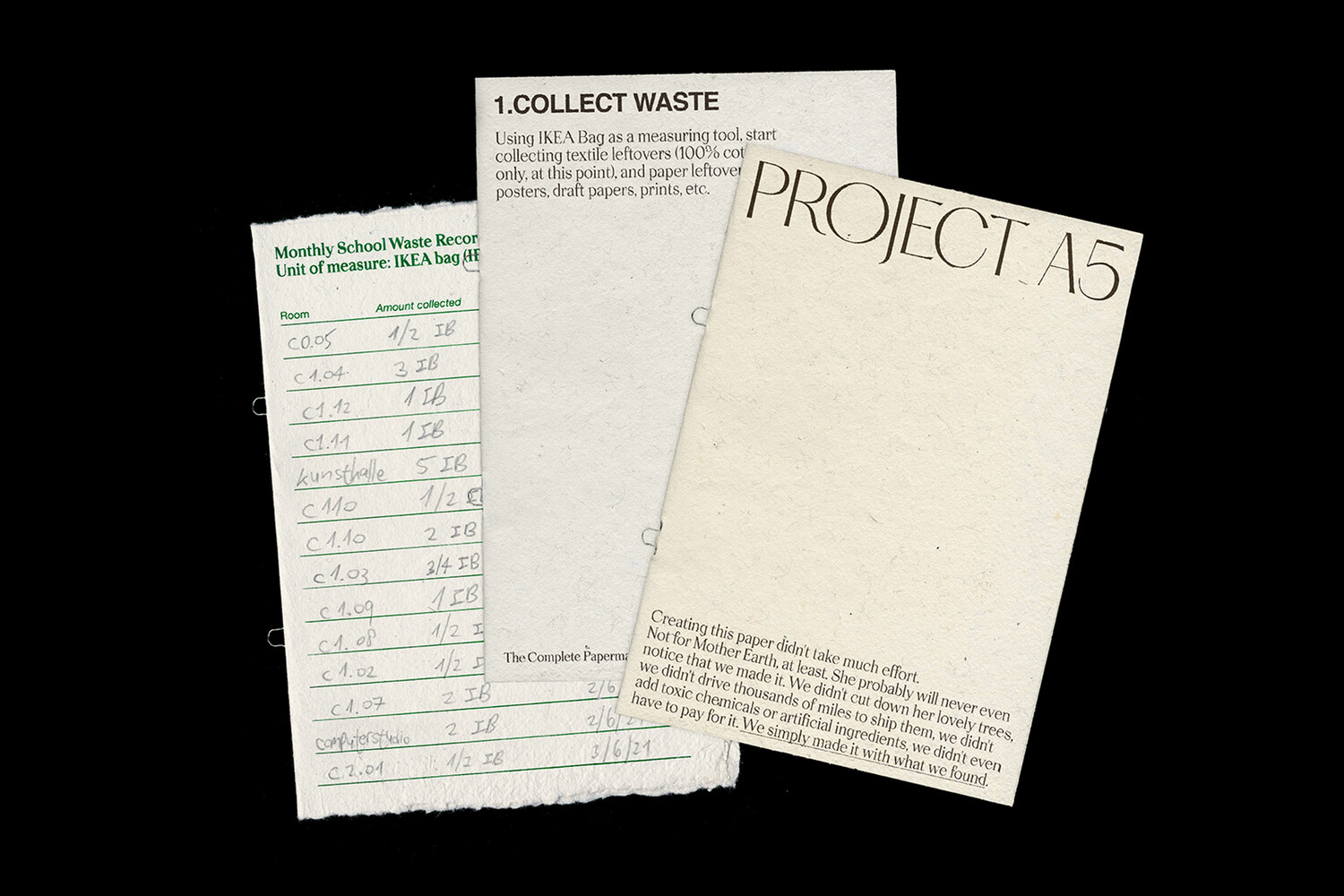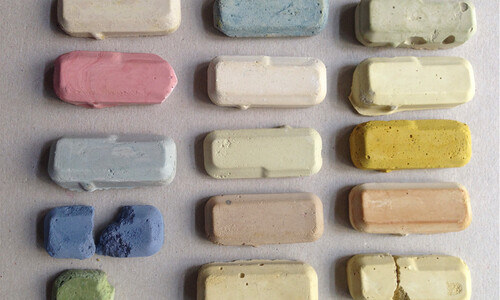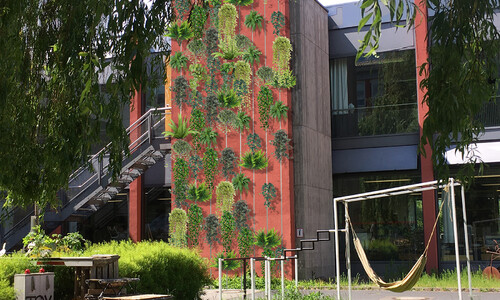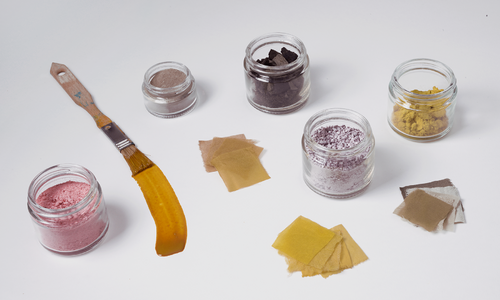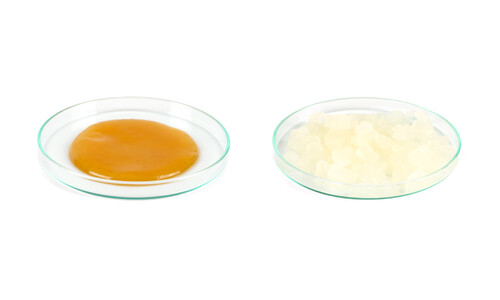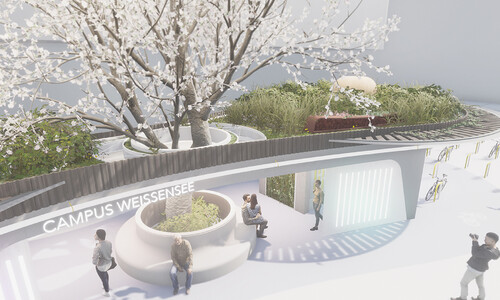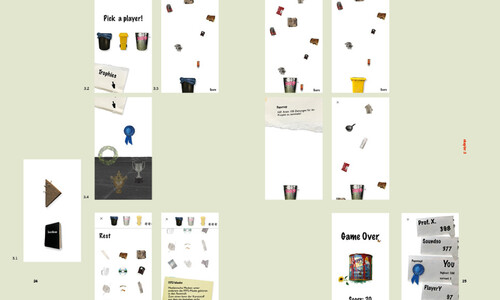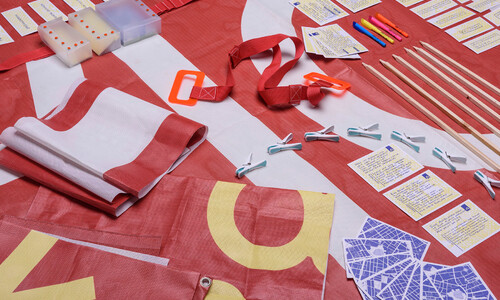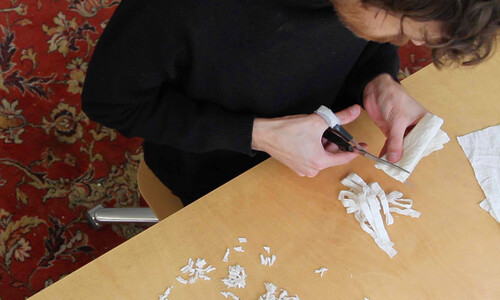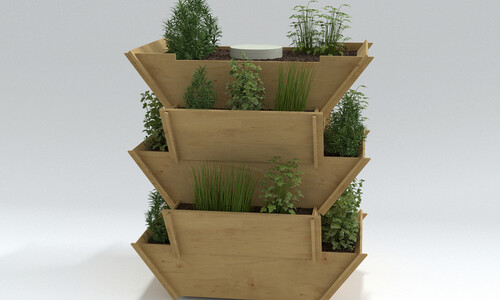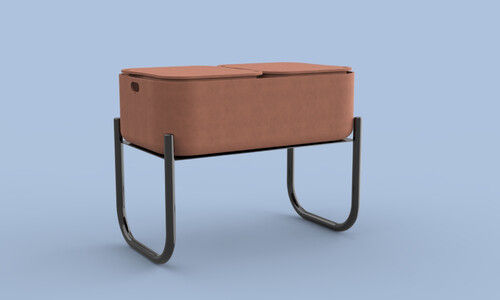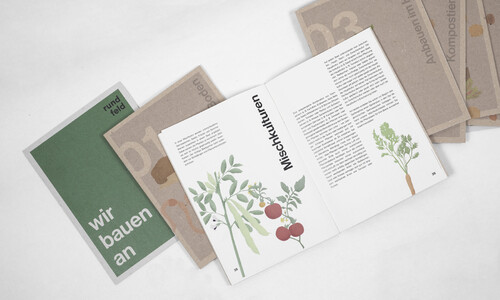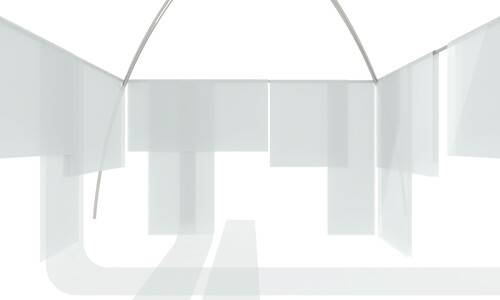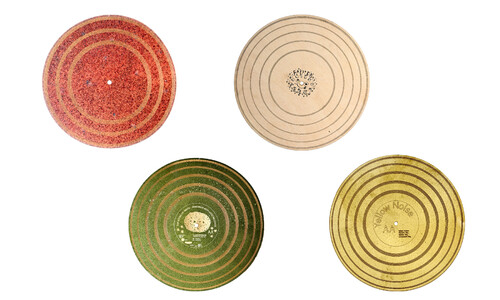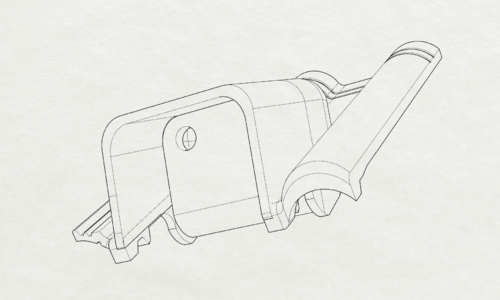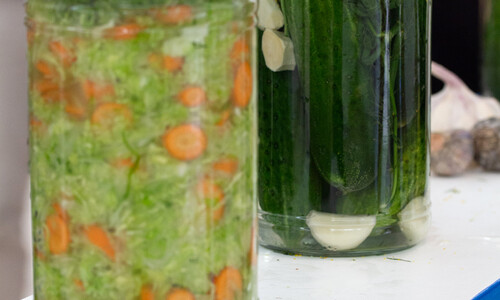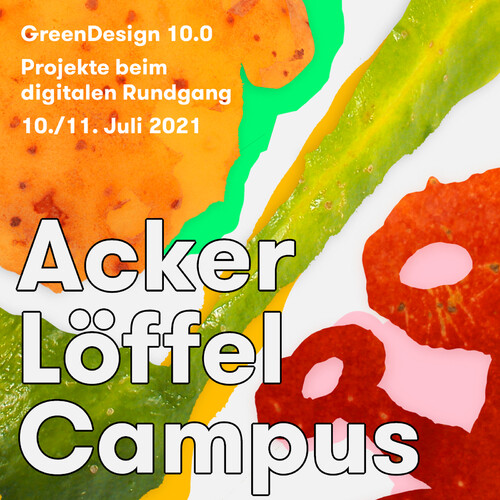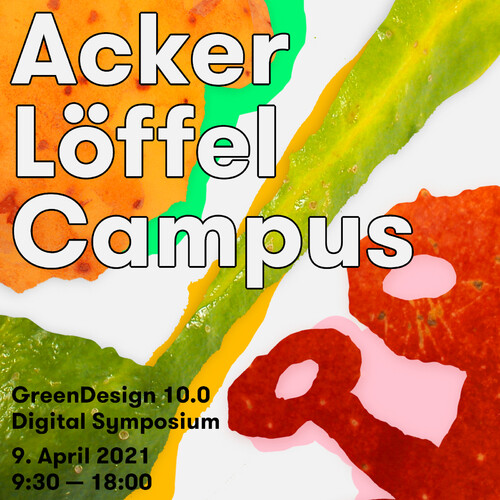Creating our paper did not take a lot of effort. Not for Mother Earth, at least. She probably will never even notice that we made it. We did not cut down her trees, we did not drive thousands of miles to ship them, we did not add toxic chemicals or artificial ingredients, we didn't even have to pay for it. We simply made it with what we found.
Project A5, including both a papermaking workshop and a small publishing house, seeks to change the way we look at waste in school. Using renewable resources and traditional techniques, we are turning school leftovers into brand new sheets of paper, which are then being used again by the students and teachers for any purpose and for free.
We don’t know how long our paper will survive, that’s true. But one thing we do know for sure; he will always get the chance to be born again.
